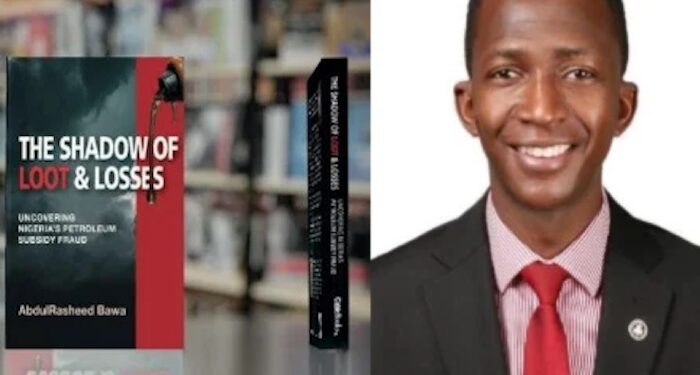AbdulRasheed Bawa, CON, former Chairman of Nigeria’s Economic and Financial Crimes Commission (EFCC), has blown the lid off the country’s multi-decade fuel subsidy regime, describing it as a cesspool of fraud, corruption, and systemic compromise across both public and private sectors.
In a revealing interview with ARISE News centered on his new book, The Shadow of Loot and Losses: Uncovering Nigeria’s Fuel Subsidy Fraud, Bawa detailed how the EFCC uncovered large-scale irregularities between 2006 and 2011 that ultimately cost Nigeria trillions of naira.
“Everybody was benefiting from the scale and the scam — including law enforcement,” Bawa said.
“People were compromised to look the other way. It was a general thing.”
According to Bawa, subsidy payouts skyrocketed from ₦200 billion in 2006 to a staggering ₦2.1 trillion by 2011, largely due to regulatory manipulation, political interference, and entrenched interests. While not every transaction was fraudulent, many were enabled by gaps in oversight and human compromise.
“No matter how fortified a system is, once the human element is involved, anything is possible,” he noted.
The book, based on years of field investigations during his time at the EFCC, chronicles how the Commission prosecuted several oil marketers, leading to a major drop in subsidy-related spending and a significant reduction in the number of marketers — from 118 to just 49.
“We took action — we charged people to court. Eventually, the government opted for negotiated recoveries,” Bawa revealed.
He emphasized that while full-scale convictions were achieved, the Federal Government later chose settlements as a quicker, more pragmatic route to reclaim stolen funds. This strategy, he said, contributed to subsidy reductions from over ₦2 trillion to ₦1 trillion.
Bawa welcomed President Bola Tinubu’s 2023 decision to eliminate fuel subsidies entirely, calling it a long-overdue move to shut down a channel of systemic fraud.
“It’s a good thing that we had to let it go. That opportunity for looting is no more,” he said.
On whether the savings from subsidy removal are being put to good use, Bawa said he couldn’t confirm but believed there had to be “significant redirection of funds into governance.”
When asked about his own controversial exit from the EFCC amid probe allegations, Bawa played down speculation of political targeting but acknowledged the unfortunate pattern of EFCC chairmen leaving under scrutiny.
“It’s just a phase. Whether you’re telling the truth or not, people will always talk,” he said.
Still, he stands by the legacy of his anti-graft campaign, particularly the subsidy fraud crackdown.
“The impact is real. The frauds identified helped deal a serious blow to many benefiting from the scheme,” he concluded.


